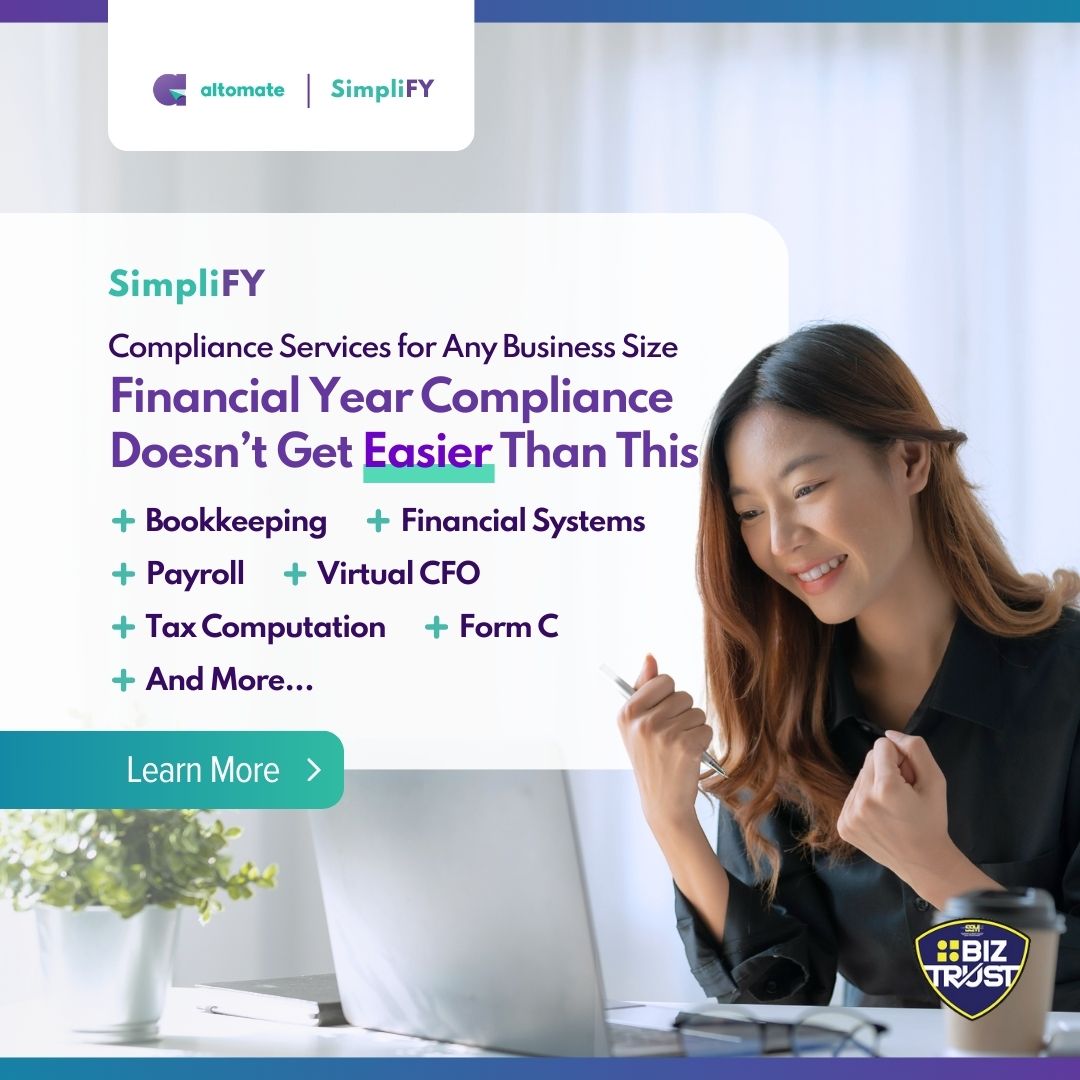Drawing the Line Between Personal and Business Funds
If you’re a director of a small or medium enterprise (SME) in Malaysia, deciding how to pay yourself legally can feel confusing. Many directors blur the lines between personal withdrawals, dividends, and proper remuneration. However, the distinction matters greatly, especially regarding taxes, compliance, and potential audits by the Inland Revenue Board (LHDN).
In this guide, we’ll clarify how to set a director salary in Malaysia correctly, keeping your business compliant and ensuring an optimal income structure.
Option 1: Director’s Salary
A director’s salary is a fixed monthly remuneration. It is employment income reported under Form EA and subject to monthly tax deductions (MTD/PCB).
Why Choose a Director’s Salary?
- Clear and straightforward: Makes budgeting easy.
- EPF and SOCSO Contributions: Salaries trigger compulsory contributions, benefiting your retirement and offering protection in case of workplace injury.
- Tax Deductible: Salaries paid to directors are an allowable expense for the company, reducing taxable business profits.
Legal Requirements and Obligations
- EPF: The employer (your company) and the employee (you) contribute monthly. Current rates are 13% employer and 11% employee contribution for salaries below RM5,000.
- SOCSO & EIS: Mandatory contributions offering social security protection and unemployment coverage.
- SSM Documentation: Director’s salary must be approved and documented formally via board resolution.
Option 2: Dividend Payments
Dividends are distributions of profits after corporate tax. They are not considered employment income, so no EPF or SOCSO contributions apply.
Why Choose Dividends?
- Tax Efficiency: Dividends are not subject to EPF, SOCSO, or EIS deductions.
- Flexibility: You can declare dividends when profits allow—there’s no obligation to pay regularly.
Considerations:
- Non-deductible expense: Dividends are not tax-deductible for your company.
- Timing: Dividends require sufficient distributable profits and formal board and shareholder approval.
- SSM Compliance: Properly documented dividend declarations and approvals must be maintained.
Option 3: Director’s Fees
Director’s fees are remuneration for board responsibilities rather than day-to-day operations. Usually paid annually or quarterly, they differ from regular salaries.
Why Choose Director’s Fees?
- Governance Focus: Remuneration is clearly defined for board-level duties.
- Tax & Compliance: Like salaries, fees must be declared under Form EA and subject to tax and EPF contributions.
Legal Requirements and Obligations
- Annual Approval: Requires shareholder approval at Annual General Meetings (AGM).
- EPF & SOCSO: Fees trigger mandatory EPF contributions, but SOCSO and EIS typically do not apply.
How Much Salary Should a Director Pay Themselves?
There’s no fixed rule. However, best practices for a director salary in Malaysia include:
- Paying yourself a competitive yet affordable salary for your business.
- Balancing a director’s salary in Malaysia between dividends and remuneration to maximise tax efficiency and cash flow.
Common Mistakes Malaysian Directors Make
1. Mixing Personal and Business Funds
Never withdraw cash directly from your company without formal approval and documentation. This can lead to serious compliance issues with LHDN and SSM.
2. Failing to Document Payments
All payments to directors—salaries, fees, or dividends—must be recorded with resolutions and proper documentation to avoid compliance penalties.
3. Ignoring Tax and Statutory Contributions
Late or incorrect EPF, SOCSO, EIS, or income tax payments can lead to hefty fines or legal action. Proper payroll setup is crucial.
Best Practices for Setting Your Director Salary in Malaysia
- Formalise Everything
Record all remuneration decisions with clear board resolutions. - Engage Experts
Utilise a qualified accountant, tax advisor, or digital company secretary service to ensure compliance from day one. - Separate Your Accounts
Maintain separate personal and business bank accounts to distinguish transactions clearly. - Regular Reviews
Regularly review your remuneration structure to adapt to changing business circumstances, profits, or tax regulations.
The Role of Your Company Secretary and Accountant
An experienced company secretary and accountant play crucial roles in helping you maintain compliance:
- Company Secretary:
Prepares and maintains statutory records, ensures compliance with the Companies Act 2016, and handles dividend documentation. - Accountant:
Handles payroll calculations, EPF/SOCSO/EIS deductions, tax filing, and annual financial reporting.
Engaging professionals saves you time, reduces compliance risks, and optimises your director’s salary structure.
How Altomate Can Help
At Altomate, we specialise in making payroll, tax compliance, and corporate governance easy for Malaysian SMEs:
- Payroll Setup: Properly structured salaries, director fees, and dividends.
- Statutory Contributions: Ensuring EPF, SOCSO, and EIS compliance and timely payments.
- Company Secretarial Services: Drafting board resolutions and dividend declarations and maintaining SSM compliance.
Our team simplifies director remuneration so you can focus on growing your business, not worrying about paperwork.
Get Your Director Salary Right
Paying yourself as a director isn’t just about convenience, it’s about compliance, efficiency, and planning for your company’s future growth. Ensuring your remuneration structure aligns with legal and regulatory requirements protects you and your company from unnecessary risk and liabilities.
Don’t risk your compliance. If you’re unsure how to structure your director salary in Malaysia properly, Altomate is here to help.








